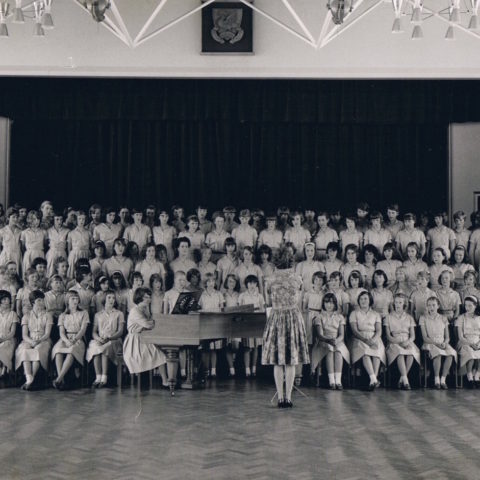International Women’s Organisations and Education in The Handbook of Historical Studies in Education: Debates, Tensions and Directions uses spatial analysis to discuss the engagement of international women’s organisations in educational policy-making and educational policy-networks around the League of Nations and the United Nations (UN). It considers power relations of gender and East/West framings in historiography that have resulted in absences in literature on international women’s organisations and educational policy-making. The chapter uses three examples to explore policy-formulation, policy-diffusion and policy-impact. It deploys a schema derived from scholarly literature on epistemic committees, which it brings together with a multilayered approach to policy-making that accommodates the activities of non-governmental organisations (NGOs) in the policy-making landscapes around the League of Nations and the UN. The first example unpacks the engagement of international women’s organisations with policy-formulation for girls’ secondary education. The second example focuses on policy-diffusion and policy-impact around the standardisation of academic qualifications and explores the contradictory potential of multi-directional policy-flows. The third example explores styles of reason that underpin conceptions of truth that can result in knowledge in policy-contexts being deemed to be authoritative or labelled as propaganda. The conclusion draws together the threads of analysis to consider the efficacy of epistemic communities as an approach to make visible the policy-making activities of international women’s organisations and it suggests avenues for future research.
Joyce Goodman, International Women’s Organisations and Education, in Handbook of Historical Studies in Education, edited by Tanya Fitzgerald (Springer, 2020), 697-713
